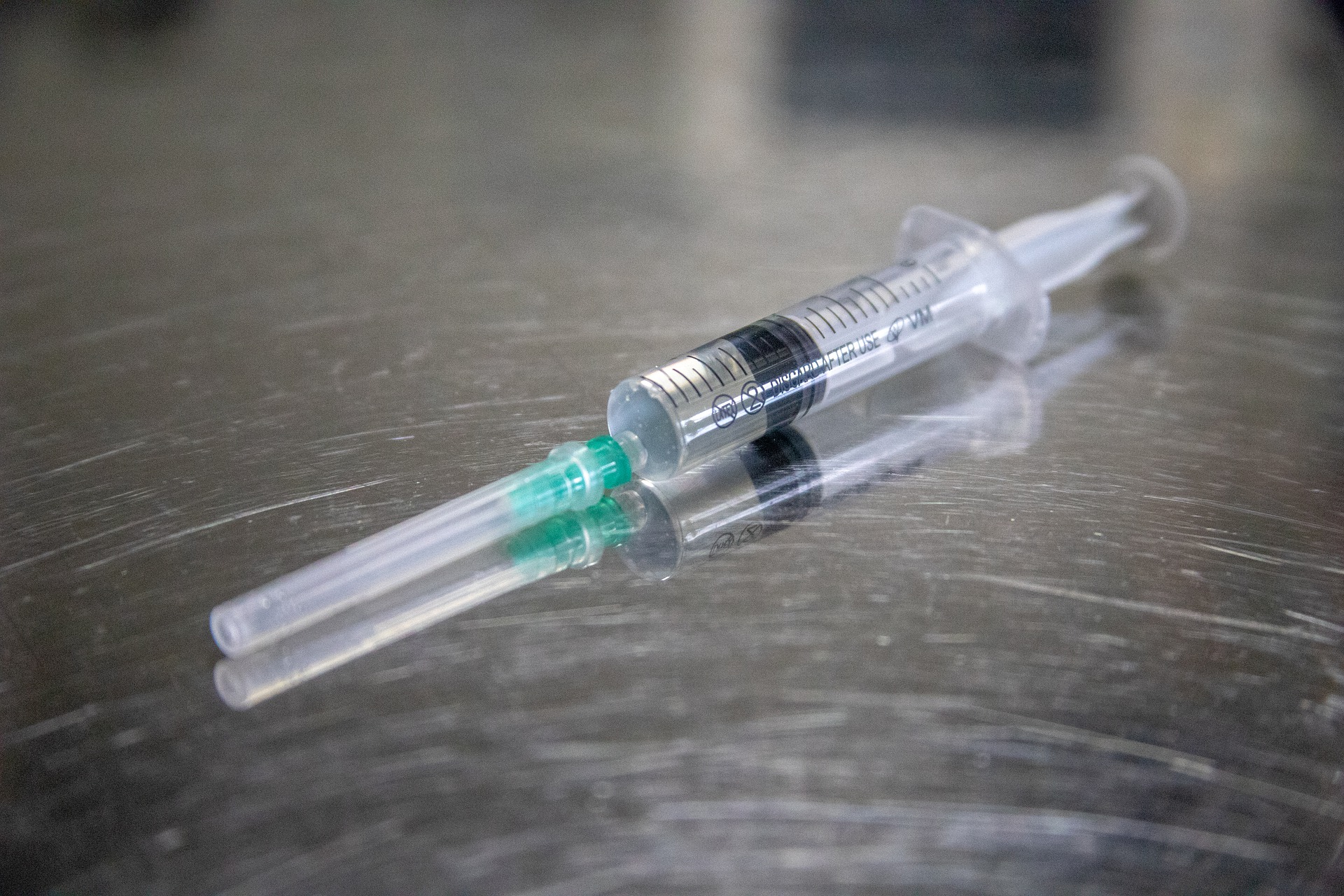
EXPERT REACTION: Australia secures two new potential coronavirus vaccines
Not peer-reviewed: This work has not been scrutinised by independent experts, or the story does not contain research data to review (for example an opinion piece). If you are reporting on research that has yet to go through peer-review (eg. conference abstracts and preprints) be aware that the findings can change during the peer review process.
It has just been reported that the Federal Government announced two more potential coronavirus vaccines have been secured for Australia. Australia will get 40 million doses of the vaccine being developed by biotechnology company Novavax, and 10 million doses of the vaccine being produced by Pfizer and BioNTech.
Organisation/s: Australian Science Media Centre
Funder: N/A
News for:
Australia
NSW
VIC
QLD
Media contact details for this story are only visible to registered journalists.


Expert Reaction
These comments have been collated by the Science Media Centre to provide a variety of expert perspectives on this issue. Feel free to use these quotes in your stories. Views expressed are the personal opinions of the experts named. They do not represent the views of the SMC or any other organisation unless specifically stated.